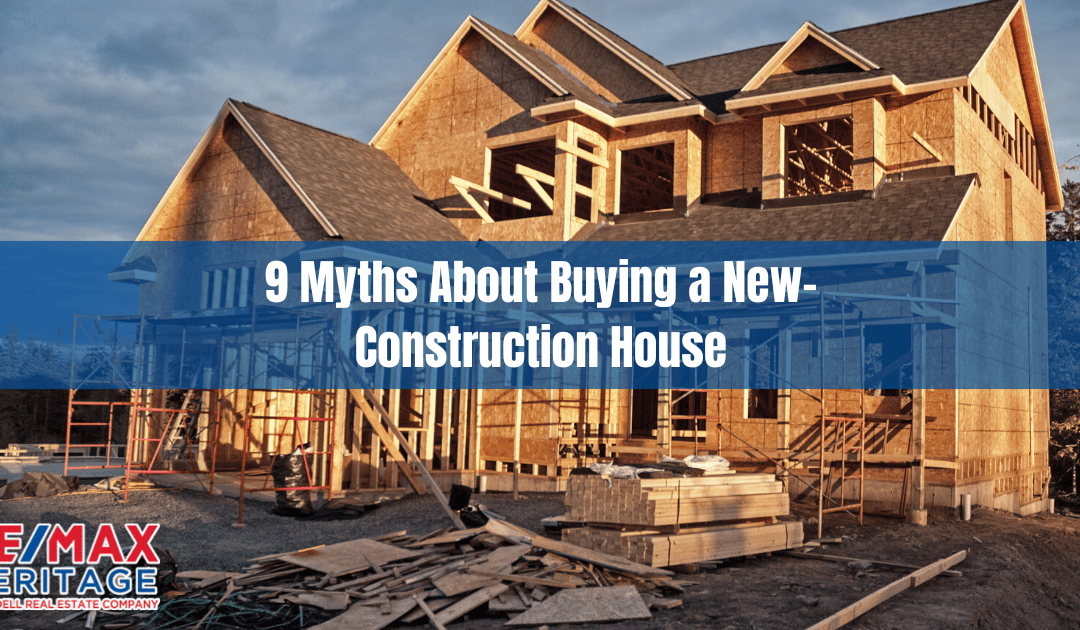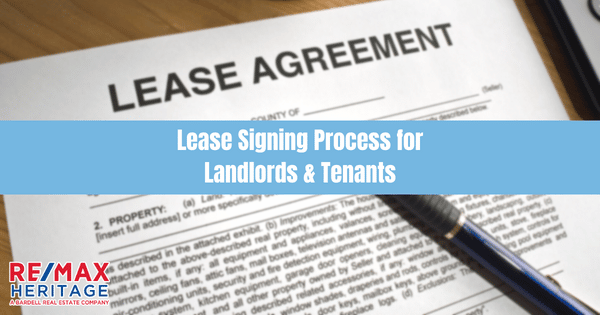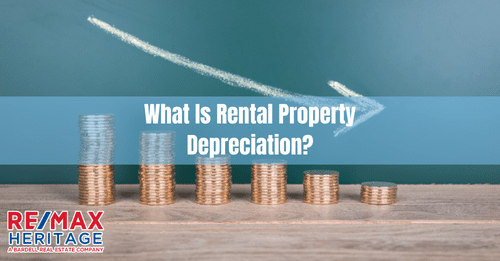
by Elsa Soto | Feb 15, 2023 | Blog, Buyers, Homeowners, Homes, Villas and Condos, New Construction, News, Real Estate News
What Is Rammed Earth Construction? What Is Rammed Earth Construction? You may not be familiar with the term, but you’ve seen the building technique—think of the ancient architecture of the Great Wall of China, the Alhambra in Spain, and the stunning Kasbahs of...

by Elsa Soto | Feb 14, 2023 | Blog, Buyers, Homeowners, Homes, Villas and Condos, New Construction, News, Real Estate News
9 Myths About Buying a New-Construction House Many first-time homebuyers might shy away from the prospect of buying a brand-new home, assuming: It will cost too much. It will take too long. While purchasing new construction is indeed different from purchasing...

by Elsa Soto | Feb 10, 2023 | Blog, Homeowners, Homes, Villas and Condos, News, Property Management
Lease Signing Process for Landlords & Tenants Lease Signing Process for Landlords & Tenants A rental lease agreement is an important document that includes all the necessary information and legal elements required to protect landlords and tenants. But...

by Elsa Soto | Feb 8, 2023 | Blog, Homeowners, Homes, Villas and Condos, News, Real Estate News, Sellers
5 Things to Not Bother Fixing When Selling 5 Things to Not Bother Fixing When Selling Your house needs work before it goes on the market. For starters, you’ll have to fix the boiler. And paint. And replace those outdated cabinets … the list might go on and on....

by Elsa Soto | Feb 4, 2023 | Blog, Homeowners, Homes, Villas and Condos, Investment Property in Florida, News, Property Management, Renters
What Is Rental Property Depreciation? What Is Rental Property Depreciation? Rental property depreciation can help you deduct property-related costs to lower your taxable income for the year. Tax professionals typically help in calculating depreciation for your...

by Elsa Soto | Feb 3, 2023 | Blog, Homeowners, Homes, Villas and Condos, News, Real Estate News, Sellers
What Happens If I Have a Lien on My House? What Happens If I Have a Lien on My House? This is a question you might face when it comes time to sell your place. Basically, it means that before this transaction can go through, you’ll have to deal with this lien,...








